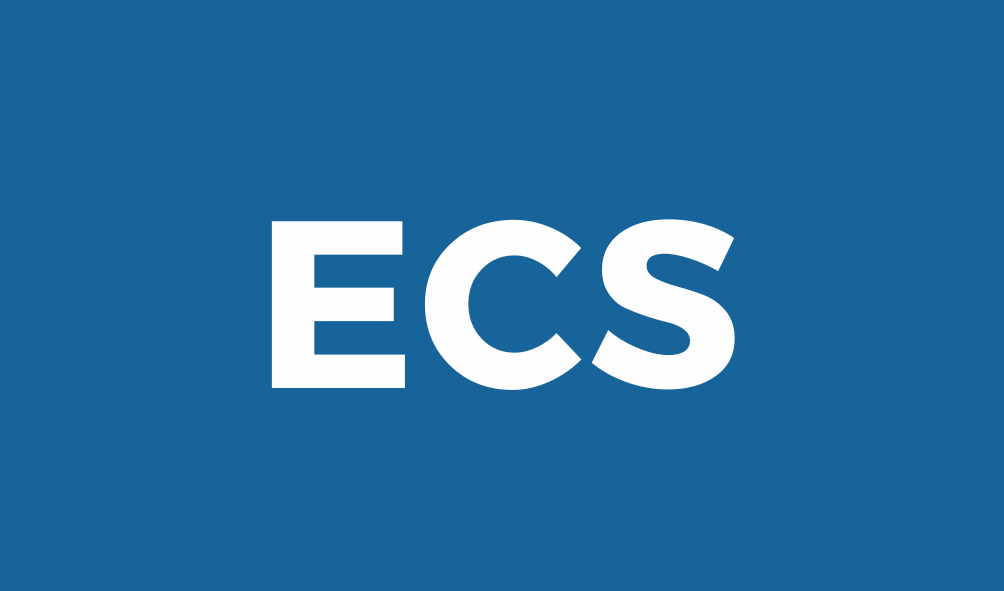Turning Things Around: How Support Helped Employees to Thrive
At ECS, we often hear from businesses struggling with performance issues or workplace stress. Sometimes it feels like the only option is to let someone go or bring in someone new. But often, with the right support, people can surprise you—and themselves.
Case 1: From Burnout to Breakthrough
One local business owner reached out to us about a long-time staff member who had started underperforming. Once reliable and enthusiastic, this employee was now frequently absent, disengaged, and missing deadlines. The manager was preparing to replace them, assuming burnout or personal struggles had made it impossible to continue.
Instead of acting immediately, they decided to offer counselling support first. Over a few sessions, the employee was able to talk through the stressors—both at work and in their personal life—that had been affecting their performance. With new coping strategies and a safe space to process things, they began to re-engage with their work. Within two months, absenteeism dropped, productivity rose, and their confidence returned. It turned out to be a case of someone needing support—not replacement.
Case 2: A Manager in the Making
An organisation had promoted a technically strong employee to a management position. But while their technical skills were solid, their confidence in leading others wasn’t. Communication was awkward, team morale dipped, and the new manager admitted they felt overwhelmed and out of their depth.
We provided a tailored coaching programme focused on leadership skills, emotional intelligence, and communication. With ongoing support, the new manager began to grow into the role. They learned how to have tough conversations respectfully, support their team effectively, and make decisions with confidence. Within a few months, team feedback improved dramatically—and so did results.
Counselling and leadership coaching can transform not just individuals, but entire teams and workplace culture. If you’re facing a situation like these in your workplace, reach out. The solution might not be replacement—it might be support.
